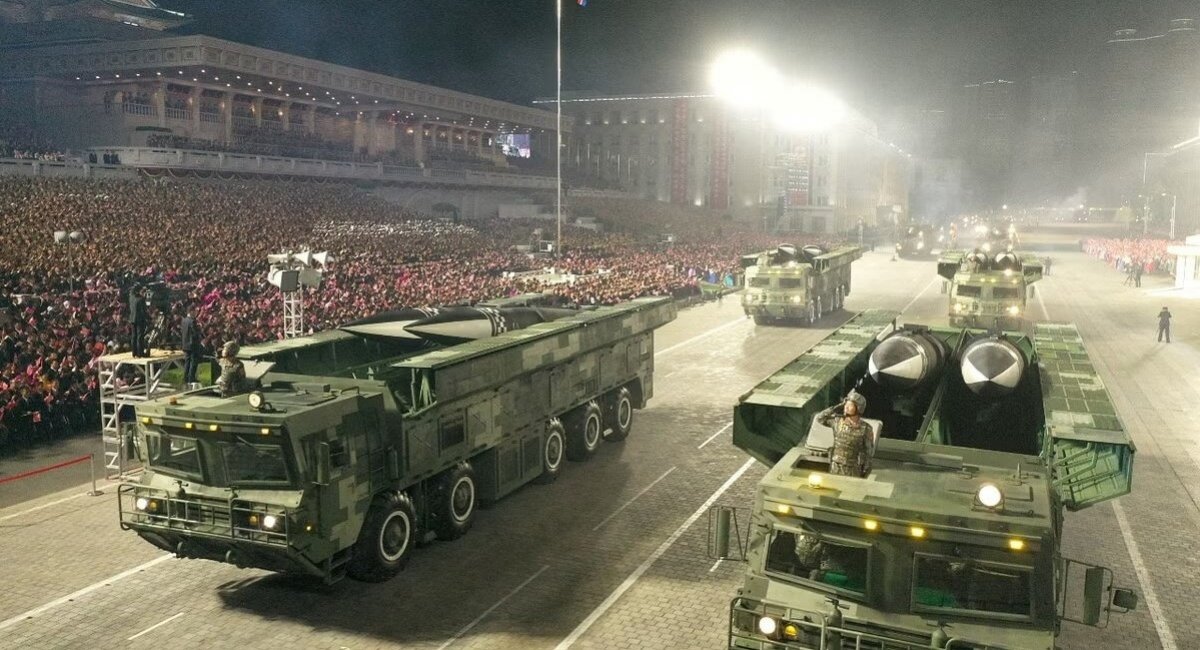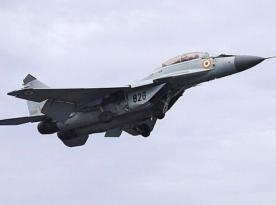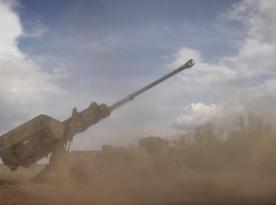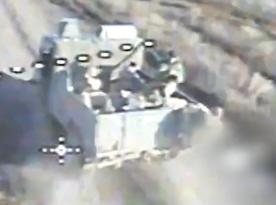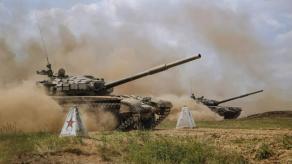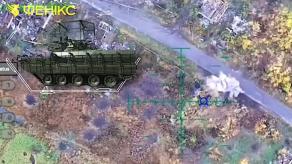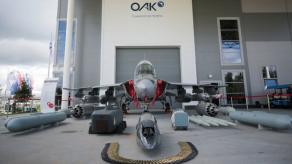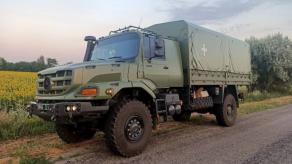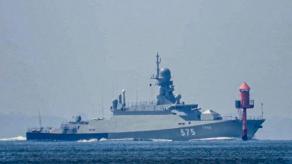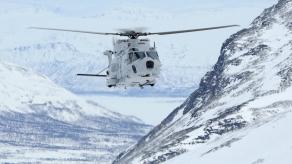Ukrainian experts have studied the wreckage of North Korean KN-23 ballistic missiles, which the russian Federation used to attack Ukraine's infrastructure in early 2024, London-based think tank RUSI breaks down the findings.
Specialists from the Central Scientific Research Institute of Armament and Military Equipment of the Armed Forces of Ukraine conducted the study, uncovering that at least some elements were received from russia, demonstrating the real scale of military cooperation between Moscow and Pyongyang in missile technology.
Read more: Detailed Photos of North Korean Missile That Struck Ukraine: Only One Korean Character Remained Inscribed After Attempts to Conceal the Origin
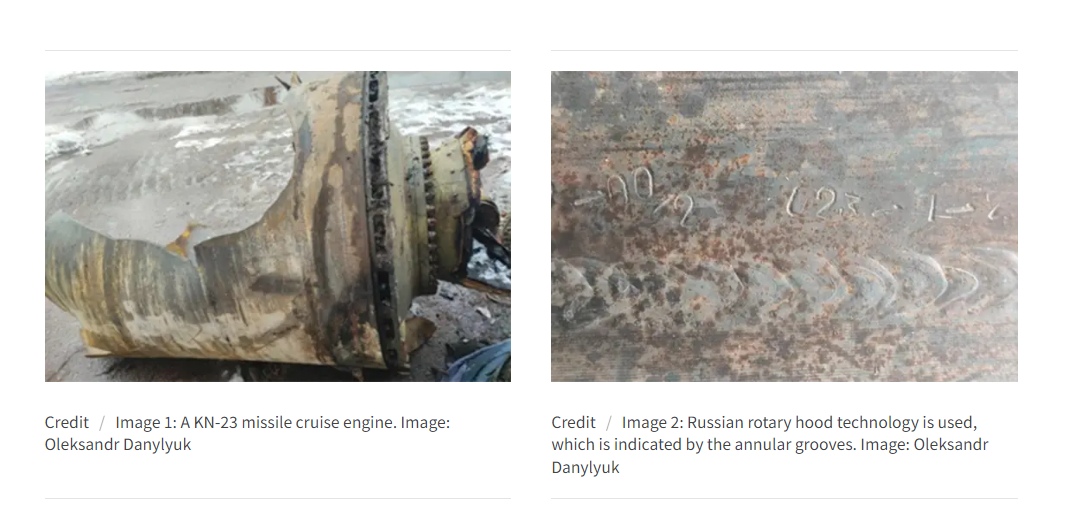
As further detailed, during examination of KN-23 missiles used by the russian forces against Ukraine, the researchers found that:
- The KN-23 missile's cruise engine utilizes russian rotary hood technology, as evidenced by the annular grooves seen in the missile wreckage (see image above).
- All markings on the KN-23 missile components are made in accordance with russian standards, specifically the "Unified system of design documentation" and GOST 2.113-75 "Group and basic design documents."
- The chemical composition of the materials used in the rocket elements indicates their russian origin. The fuel tank body is made from russian steel types 12X2NVFA, 19X2NVFA, 21X2NVFA, and 23X2NVFA, while the gas-dynamic control surfaces are made from a russian grade 9 tungsten alloy, commonly used in russian industry.
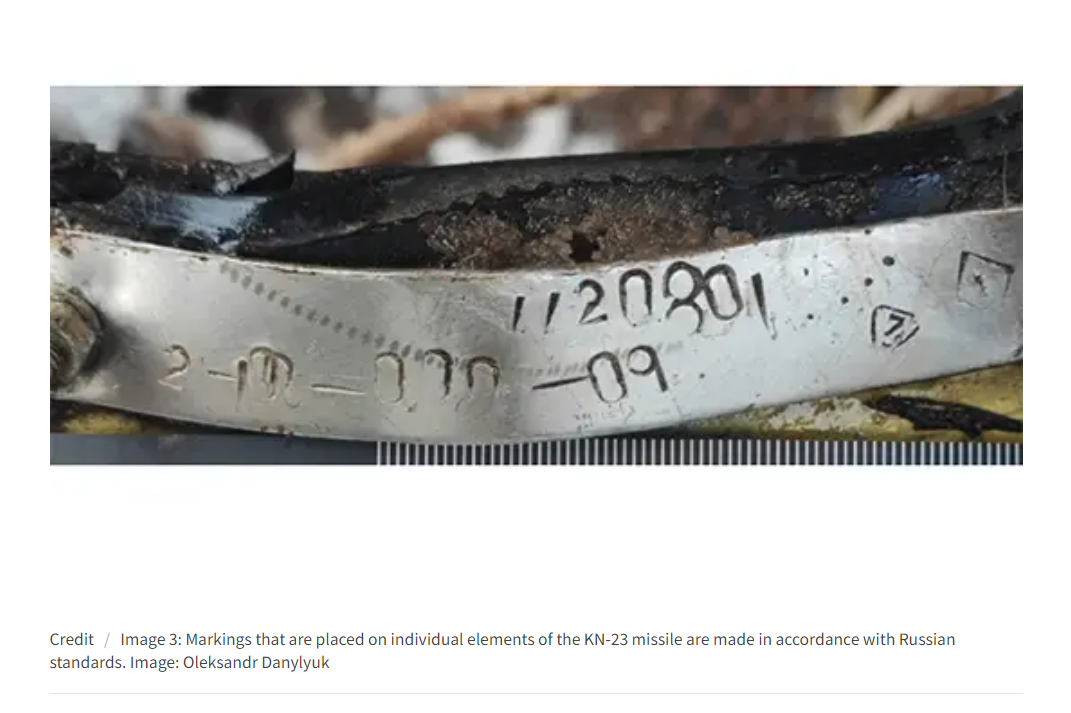
These findings may look sensational, but in fact, missile tech cooperation between russia and North Korea spans dozens of years, dating back to Soviet times. For instance, the North Korean KN-02 is a copy of the Tochka-U short-range ballistic missile (SRBM), while Hwasong-5 and Hwasong-7 were based on the Elbrus (aka Scud).
Officially, the DPRK obtained these technologies by copying them from Egypt and Syria, though it is unlikely these countries acted independently without Moscow's involvement, considering it has the right to withhold such transfers as the original owner.
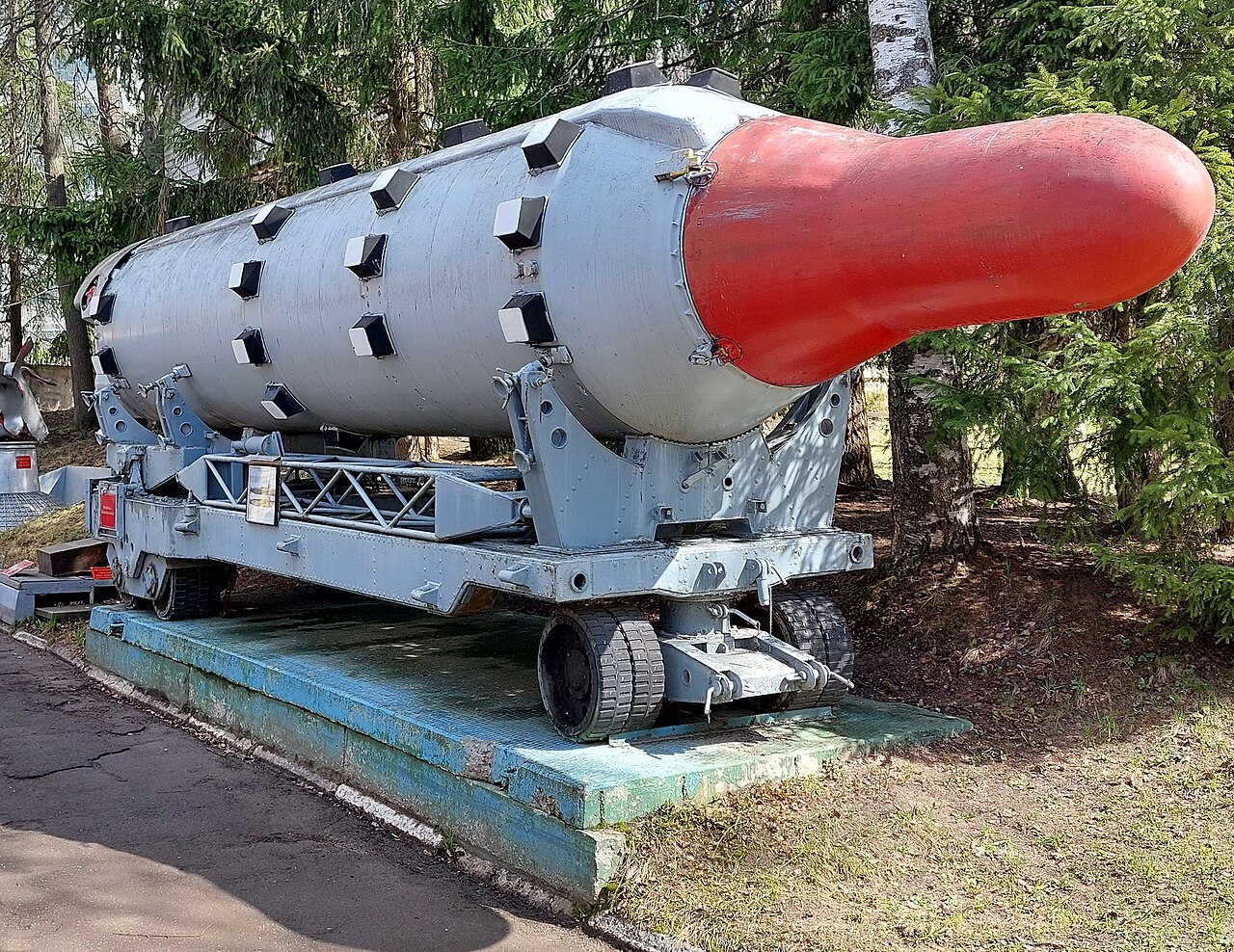
Furthermore, russia's role in aiding North Korea to develop intermediate-range ballistic missiles (IRBMs) under the guise of "peaceful space" programs has gone without a proper reaction and attention from the West.
Shortly put, in the 1990s, russia and the DPRK agreed to develop a launch vehicle based on the R-27 shipborne ballistic missile. However, instead of a space rocket, by 2010, North Korea had developed its own IRBM, the Hwasong-10 or Musudan, which bore a striking resemblance to the R-27.
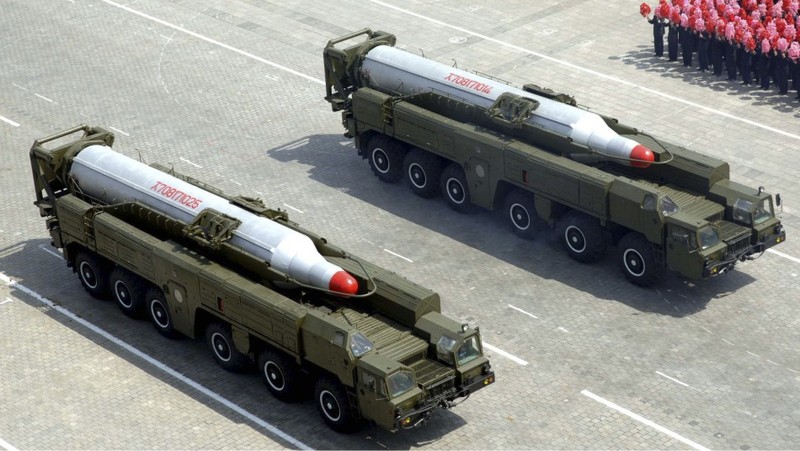
Read more: Pentagon-Level OSINT: How U.S. Experts Identify a Missile russians Used in Ukraine was North Korean



